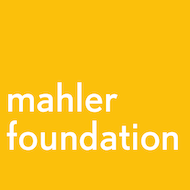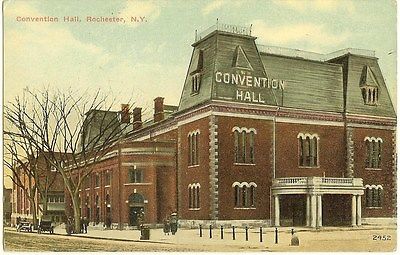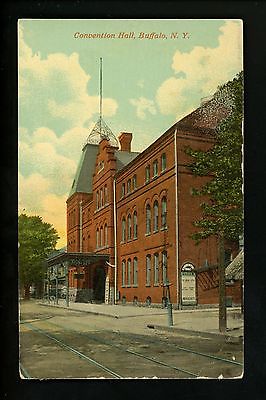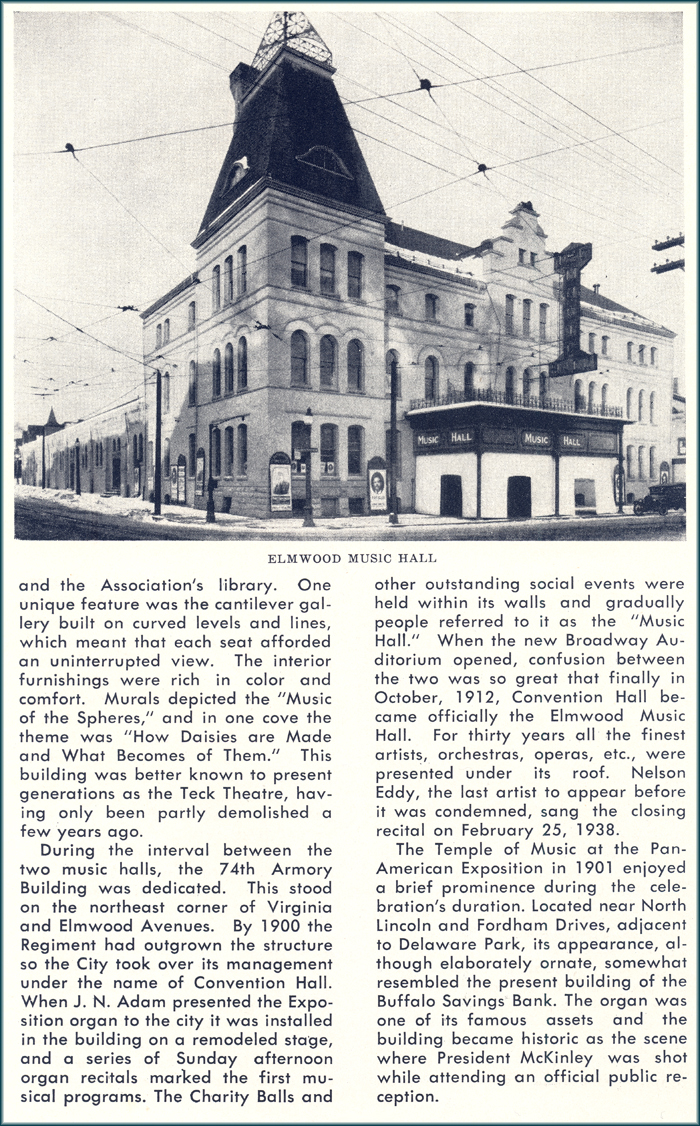- Year 1910.
- 3,000 seats.
1910 Concert Rochester 08-12-1910.
Constructed in 1868 as an arsenal, this building housed the 54th Regiment which, in 1871, was dispatched to subdue canal workers west of Fairport. In 1907 the militia moved to the new armory on East Main Street and this site was converted to a convention hall. In October, 1908, the year he received 1400 votes in Rochester, Eugene Debs arrived on his presidential train, the “Red Special,” and spoke to 5000 people at the hall: “The capitalist refers to you as mill hands, farm hands, factory hands, machine hands – hands, hands! …A capitalist would feel insulted if you called him a hand. He’s a head. The trouble is he owns his head and your hands.”
In 1912 the American Federation of Labor held its national convention at this site with Central Trades and Labor Council President Koveleski leading the Rochester delegation. In 1913, Rochester clothing workers voted at a mass meeting here to strike and 10,000 of them walked out on January 23 over issues of union recognition, the 8 hour day, and wage improvements. Rochester socialists sponsored talks and debates at the hall: in 1913 Helen Keller spoke here and in 1914 Clarence Darrow debated John Sargent of the National Association of Manufacturers on the merits of the closed shop.
During the Depression the building held a soup kitchen to feed the unemployed; from 1937 to 1948 it housed the social welfare department; from 1949 to 1970 it reverted to a naval armory; from 1971 to 1975 various City agencies were located here including Rochester’s Center for Manpower Services. In 1982 the building’s parking area became a festival site which was the staging area for the Labor Day Parade, revived by the Rochester Labor Council in 1986. Since 1985 the hall has housed Geva Theater.



